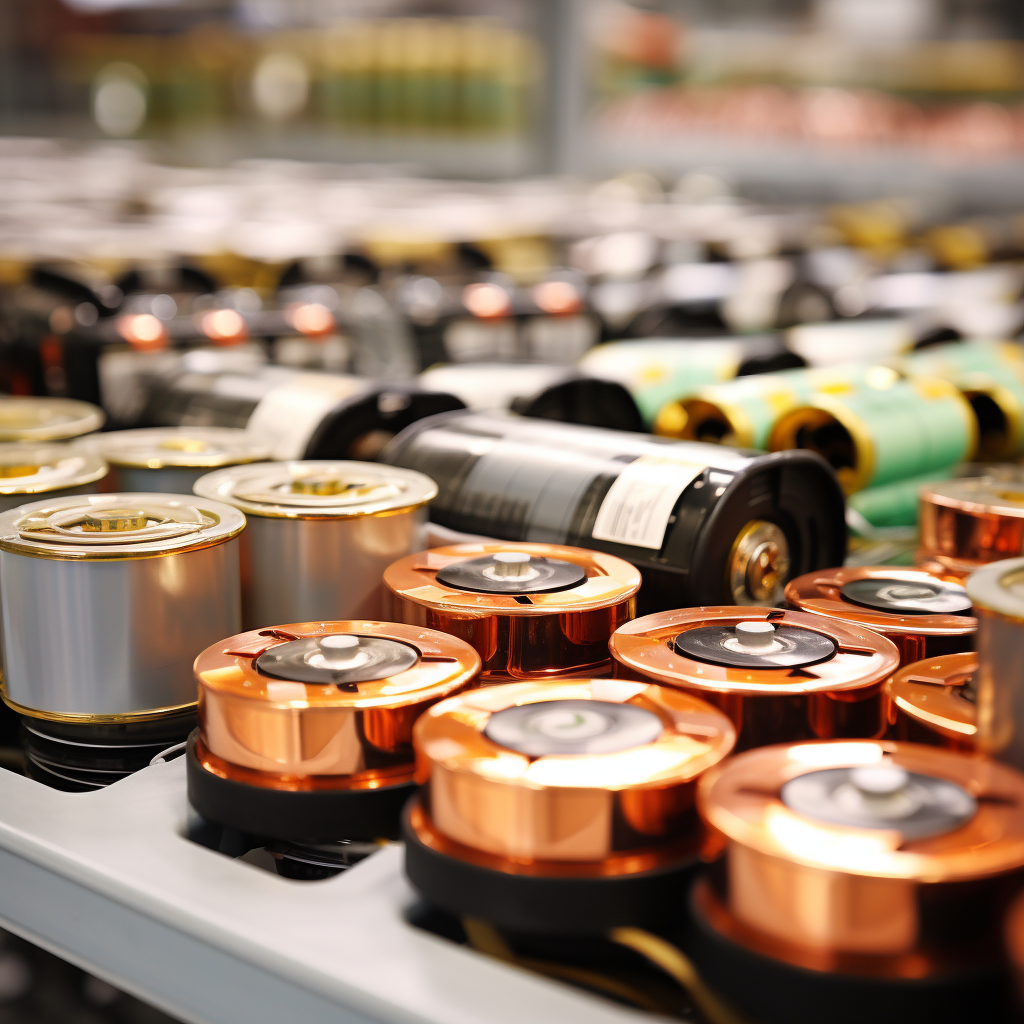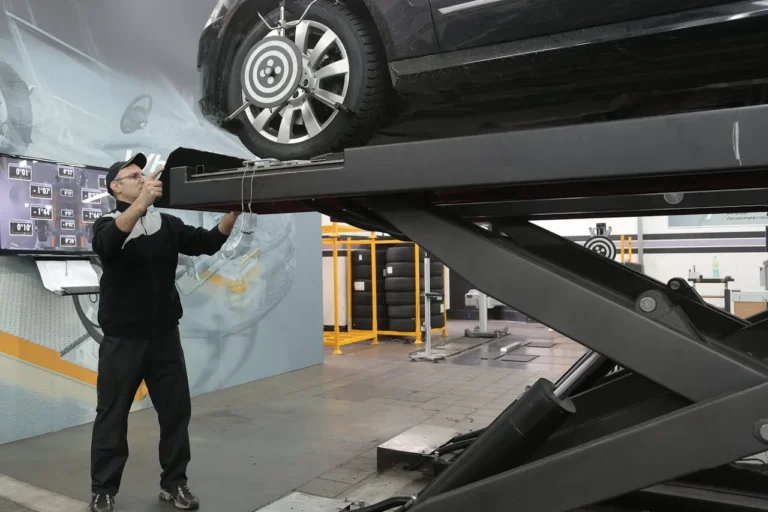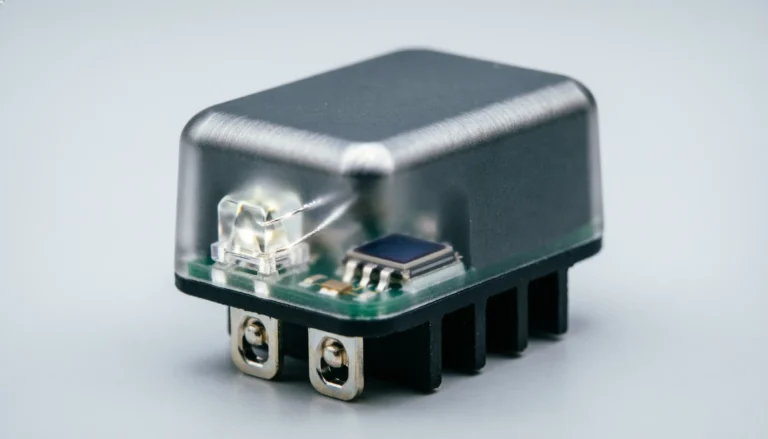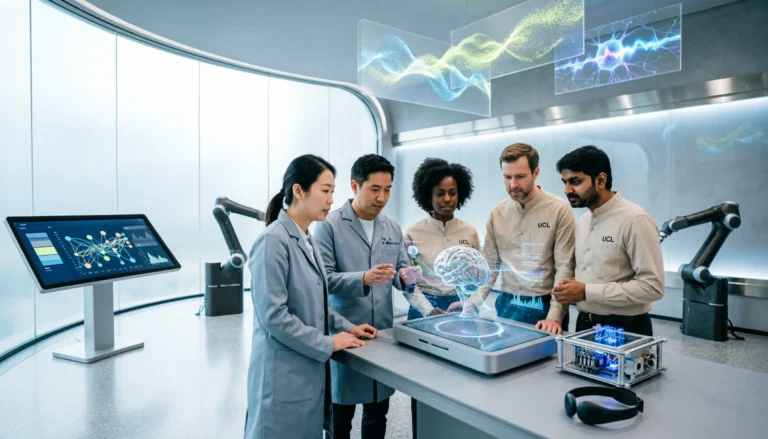
The U.S. Department of Energy (DOE) has allocated $50 million over the next five years to launch the Low-cost Earth-abundant Na-ion Storage (LENS) Consortium, spearheaded by the DOE’s Argonne National Laboratory. The consortium also includes Brookhaven National Laboratory, Lawrence Berkeley National Laboratory, Pacific Northwest National Laboratory, Sandia National Laboratories, and SLAC National Accelerator Laboratory.
The LENS Consortium’s mission is to develop high-energy, long-lasting sodium-ion batteries made from safe, abundant, and low-cost materials. This initiative addresses the urgent need to reduce the U.S.’s dependence on the limited and strategically critical elements used in lithium-ion batteries, offering a path toward more sustainable electric vehicle technology.
Currently, lithium-ion batteries dominate the global energy storage market, powering everything from smartphones to electric vehicles and storing energy from renewable sources like solar and wind. However, relying on a single battery chemistry poses risks, as lithium, cobalt, and nickel—critical elements in current batteries—are limited in supply. Sodium, an abundant element, offers a more resilient supply chain and a cost-effective alternative, reducing reliance on these critical resources.
The U.S. is particularly well-positioned to support sodium-ion technology, as it is a leading producer of sodium chloride (table salt) and sodium. Sodium-ion batteries have the potential to replace lithium in certain applications and reduce the need for cobalt and nickel, offering a more affordable and sustainable solution.
However, sodium-ion batteries currently store less energy per unit weight and volume, which limits their range compared to lithium-ion batteries. This challenge must be addressed for sodium-ion batteries to compete effectively in the market.
To tackle these issues, Argonne has assembled a team of leading researchers from national laboratories and universities. This group will focus on discovering high-energy electrode materials, improving electrolytes, and advancing the design and integration of battery cells.
An advisory board, featuring established and emerging companies, will offer industry insights to help the consortium build a robust U.S. sodium-ion battery ecosystem.
LENS will contribute to the DOE’s broader research efforts on sodium-ion technology, particularly for electric vehicles and grid storage applications.
The consortium also includes eight university partners: Florida State University, University of California San Diego, University of Houston, University of Illinois Chicago, University of Maryland, University of Rhode Island, University of Wisconsin–Madison, and Virginia Tech. Together, the 14 partners will play a pivotal role in training the next generation of battery scientists and researchers.







